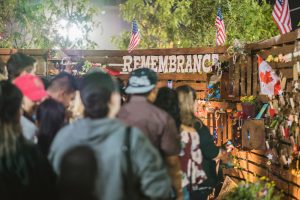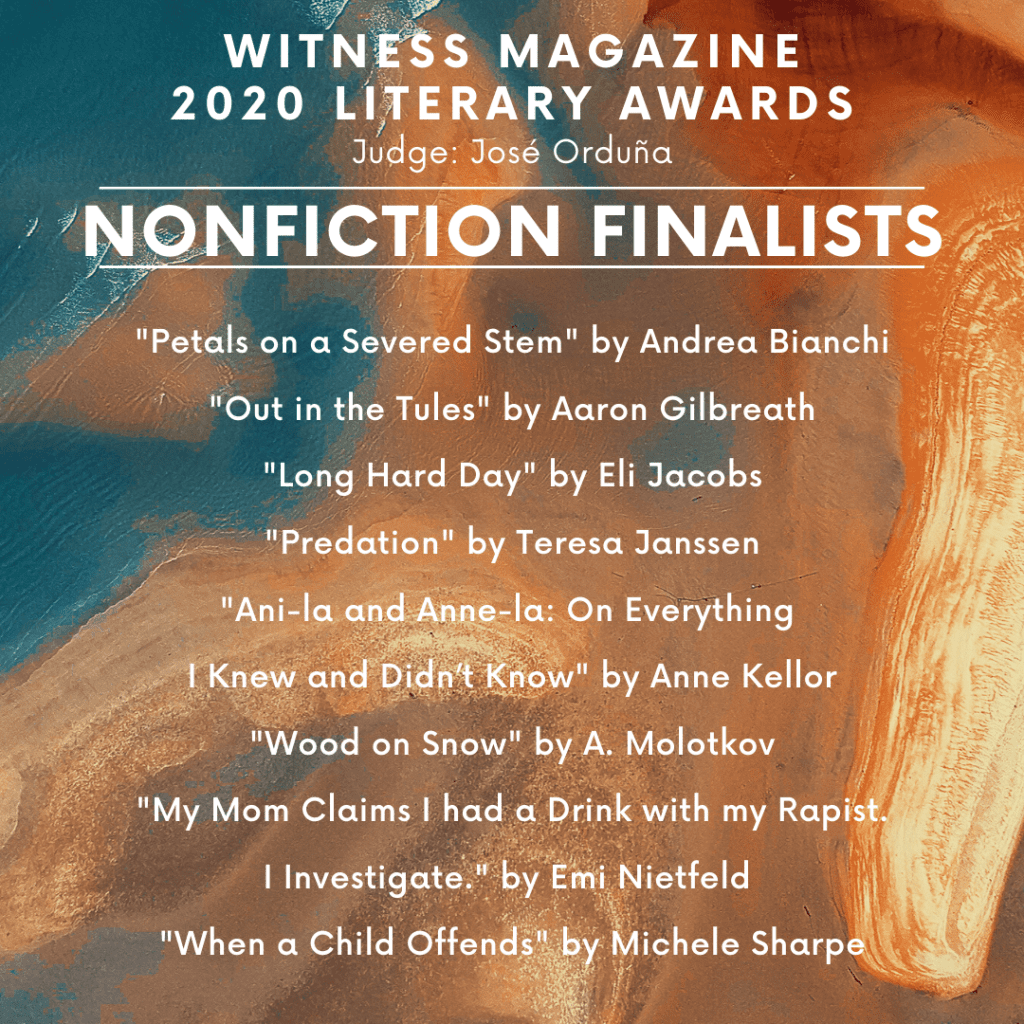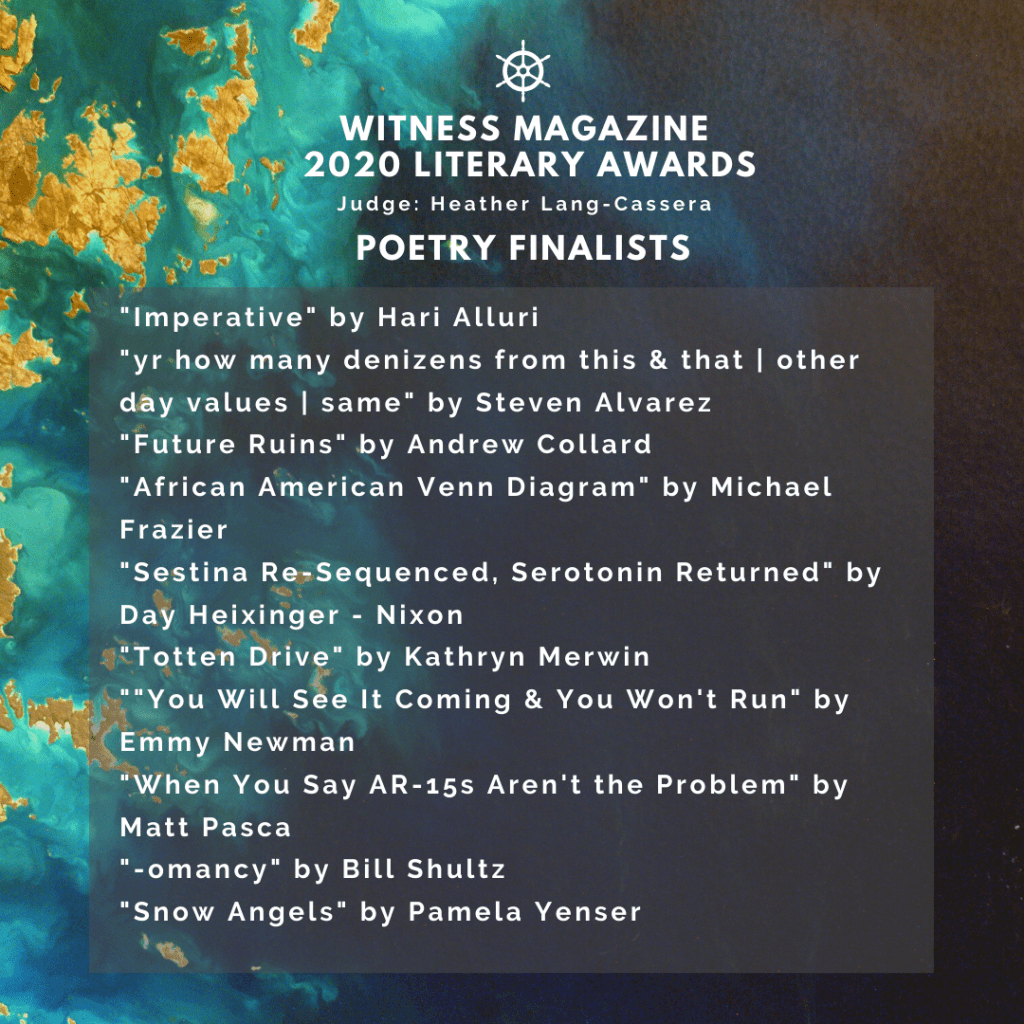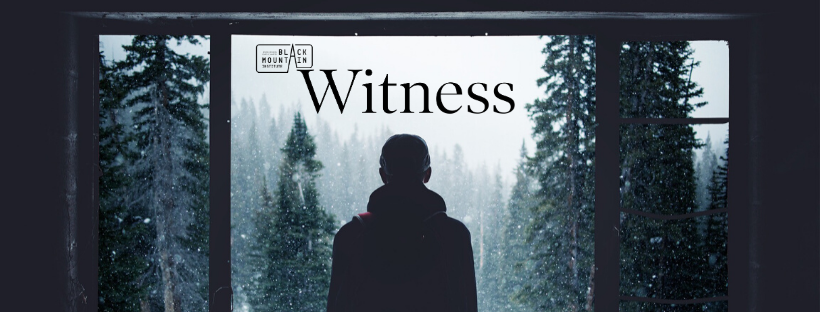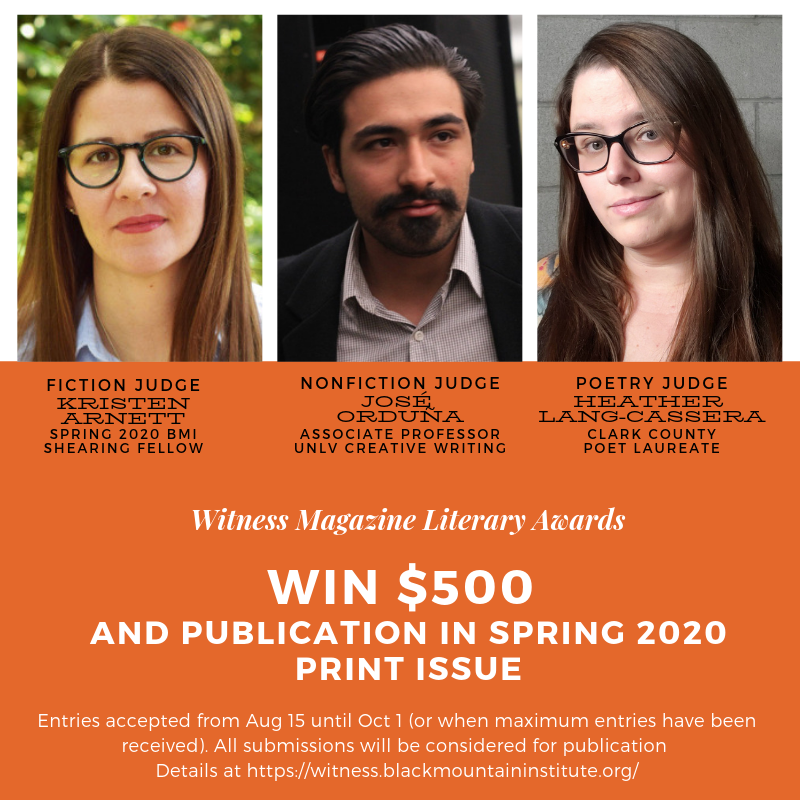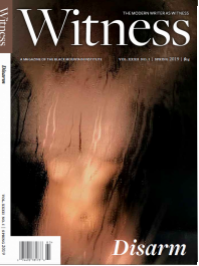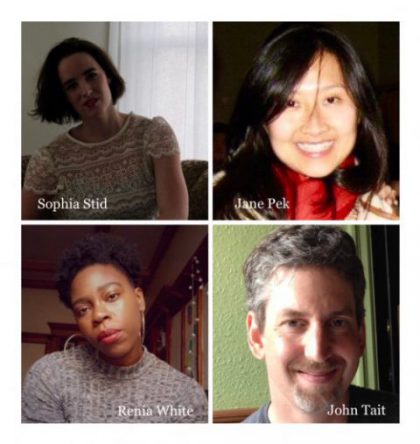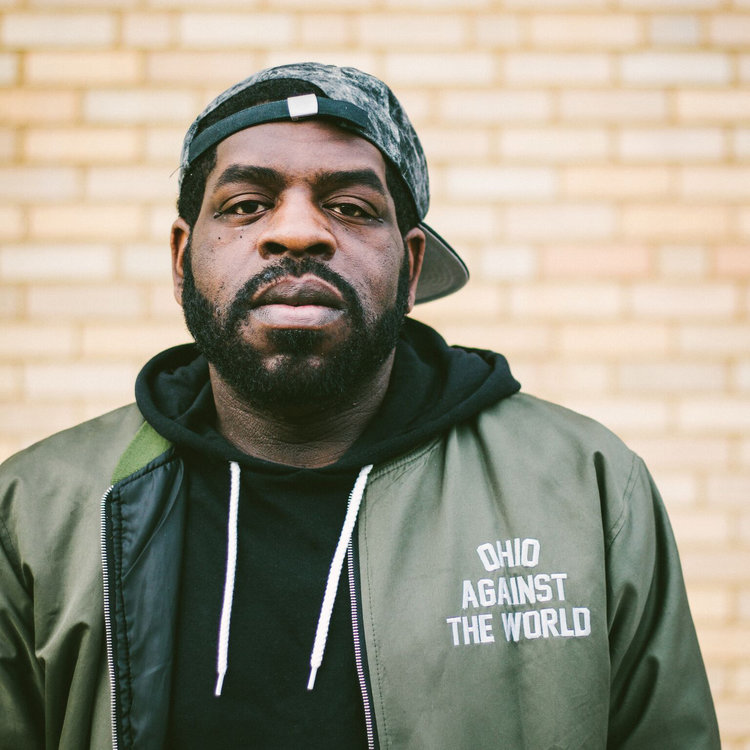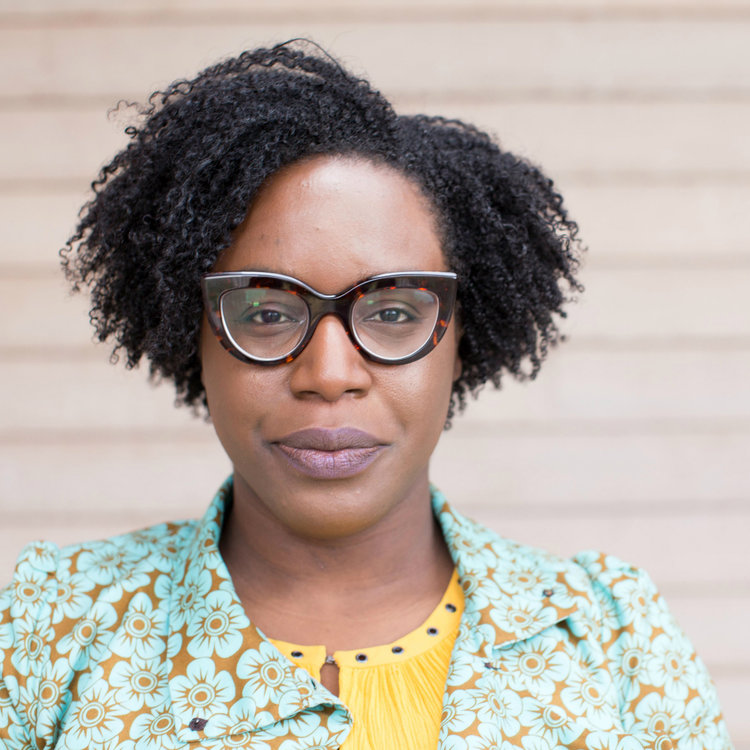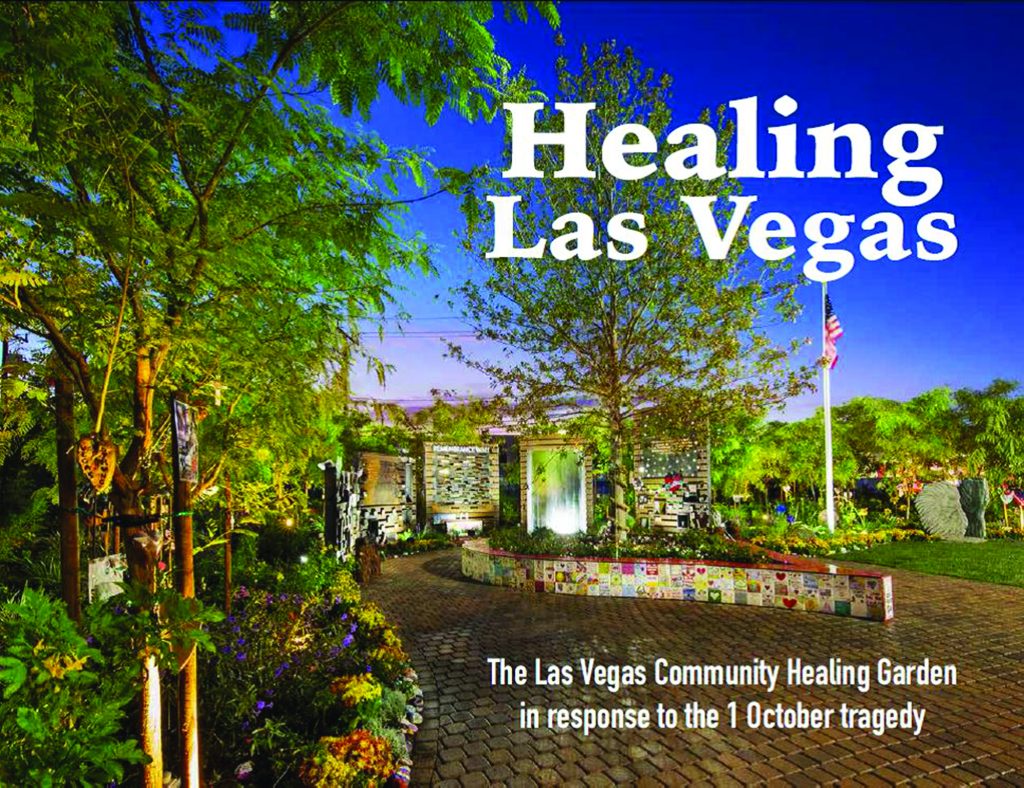
What makes someone a Las Vegan? Is it the first time you correct people when they mispronounce Nevada? Is it being one of the first to discover the hot new spot on Spring Mountain Road? Is it getting choked up when you hear the Killers perform their rendition of “Home Means Nevada”? Or is it picking up a stranger who has been shot while attending a music festival and driving them to the hospital? Then going back to the scene and picking up another stranger and another one and another one until the blackness of night is broken by the oranges and pinks of morning?
“1 October” (as the tragedy is called within the city by officials and media outlets) put Las Vegas in the national conversation in a new and horrible way. It also changed the conversations people were having here. Suddenly the terms “transient town” and “starter city” were replaced with “Vegas Strong,” with neighbors lining up for hours to give blood on Oct. 2. And a community garden was planted in the span of a week. The new book Healing Las Vegas: The Las Vegas Community Healing Garden in Response to the 1 October Tragedy (University of Nevada Press) tells the story of that garden, how it came to be, its purpose, and its continued mission.
The format is a literary collage of essays, images, poetry, and dialogue. In the first section, the reader is granted a behind-the-scenes look at the garden’s creation. There’s also an introduction to the people who conjured an ameliorating public space based on a napkin sketch in five days. People like co-creator Jay Pleggenkuhle, who realized that it was more important for the garden to simply exist, and quickly, rather than chase perfection.
In subsequent sections, the book explores how the garden seeded within the community ever-important remedies of hope, love, joy, life, and peace. Setting the stage for each chapter is a meditation of sorts written by UNLV and Get Outdoors Nevada (an outdoors advocacy nonprofit) staff. Teeming with resources, the book also devotes pages to practical tools for handling trauma at every stage and at every age. Claytee D. White, Director of the Oral History Research Center at UNLV Libraries, prefaces the Love chapter with the following:
“Love is commitment. Las Vegas worked passionately to nurture the world. Our client base—now our friendship base—is truly global. We all collaborated to make the world a better place for everyone. For a time, there was no ‘us’ and ‘them.’ There was just us—all of us as one.”
The book acts as a memory box, gathering and harboring the voices that are grieving—and grateful. It is the perfect extension of the garden, forged collectively to aid in a process that involves forward momentum yet allows for positive reflection on the damage done. Images of individuals kneeling in the dirt, hands deep in the hard work of building something new, are interspersed with close-ups of flowers saturated with color, and angelic mementos hanging from slim branches. This is a way to ferry home the emotional support provided by the garden, particularly for the many who were touched by 1 October, but don’t reside in Las Vegas.
In a quote from the Peace chapter, Joy Rineer, architect and supplier for the Vegas Strong Resiliency Center, summarizes what those who love this city have known for a long time and those who watched it from afar finally learned after 1 October.
We are a strong community. We are a small-knit community. We’re a community with incredibly deep roots and identity….We’re big and we’re little all at the same time. People see only the big. They see only the billboards….Yes we’re that. But we’re so much more; we’re this.
The reader can spend hours attempting to interpret exactly what Rineer is referring to when she says this, does she mean the garden? The strength to create it? The community that keeps it alive? In any case, the feeling is what comes across clearly here and in the text as a whole. It is an embrace meant to renew our energies and replenish our soul. It is the type of clasp that Las Vegas is not known for, yet, as this book showcases, our city offers it in spades.
Healing Las Vegas: The Las Vegas Community Healing Garden
in Response to the 1 October Tragedy
Edited by Stefani Evans and Donna A. McAleer
University of Nevada Press | 104 pages | $19.99
